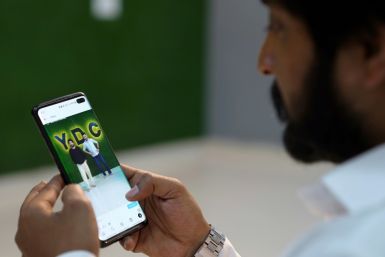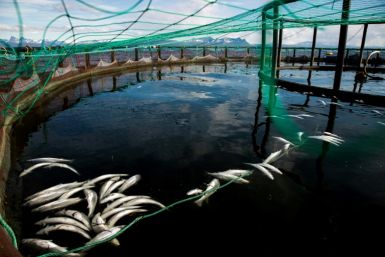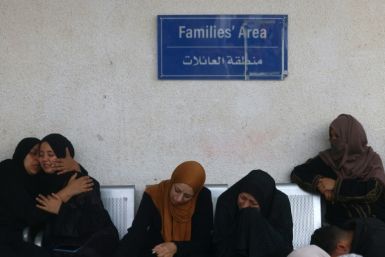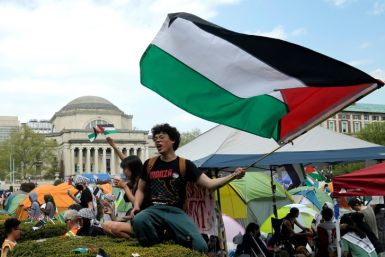Singapore Top Court Maintains Law Criminalising Gay Sex
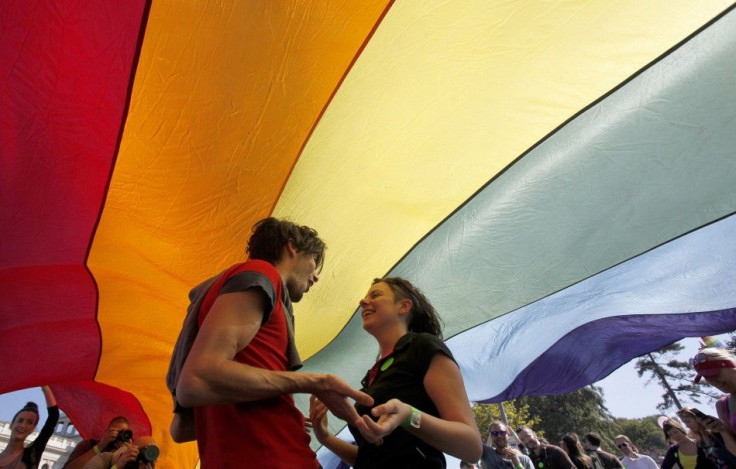
Gay sex is still very much considered a criminal act in Singapore. The upholding of the law, the country's highest court further stressed in line with the city-state's constitution. As expected, gays rights activists blasted the ruling.
Gay men caught violating Singapore's law of "gross indecency" in public or private face an imprisonment of a maximum of two years. The ruling resulted from a lawsuit filed by massage therapist Tan Eng Hong and gay couple Lim Meng Suang and Kenneth Chee Mun-Leon.
Singapore's Court of Appeal stressed in its ruling that parliament has the sole discretion to repeal the provision in the penal code, known as Section 377A. It noted that matters of social policy, under the constitution, "were outside the remit of the court.'' Thus, such claims must be addressed by the elected legislature, it effectively said.
In 2010, Tan was arrested in the act of giving oral sex with another man in a public toilet. Lim and Chee, on the other hand, have been in a relationship for 15 years. They filed the lawsuit because Singapore's law infringed their rights to equality, life and personal liberty, citing the country's constitution.
M Ravi, a human rights lawyer who acted for Tan in the case, blasted the ruling. He said the decision only strives to inhibit a homosexual man's individual identity.
A statement of 14 local LGBTI rights groups said Singapore has lost the chance to showcase itself as a "truly accepting, open and inclusive society." The principle that it adheres to "build a democratic society based on justice and equality" has likewise been missed, the group added.
"Singapore likes to advertise itself as a modern Asian country and business destination," portal GayStarNews quoted Boris Dittrich, advocacy director of the LGBTI rights program at Human Rights Watch (HRW). "But this discriminatory anti-LGBT law is wholly out of step with international rights standards that guarantee protections, including for sexual orientation and gender identity."
According to the AFP, the prevailing law was first introduced by British colonial administrators in 1938. However, it is not really not actively enforced by authorities.
In a survey conducted by Nanyang Technological University researchers in 2010 and published in 2013, it found that compared to attitudes in 2005, views towards homosexuality of the Singaporeans have become more positive. The change is being attributed to the "changing social norms among the younger generation and a large influx of tourists and expatriates."


